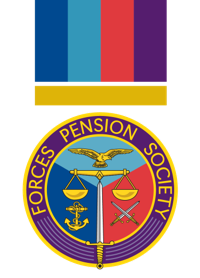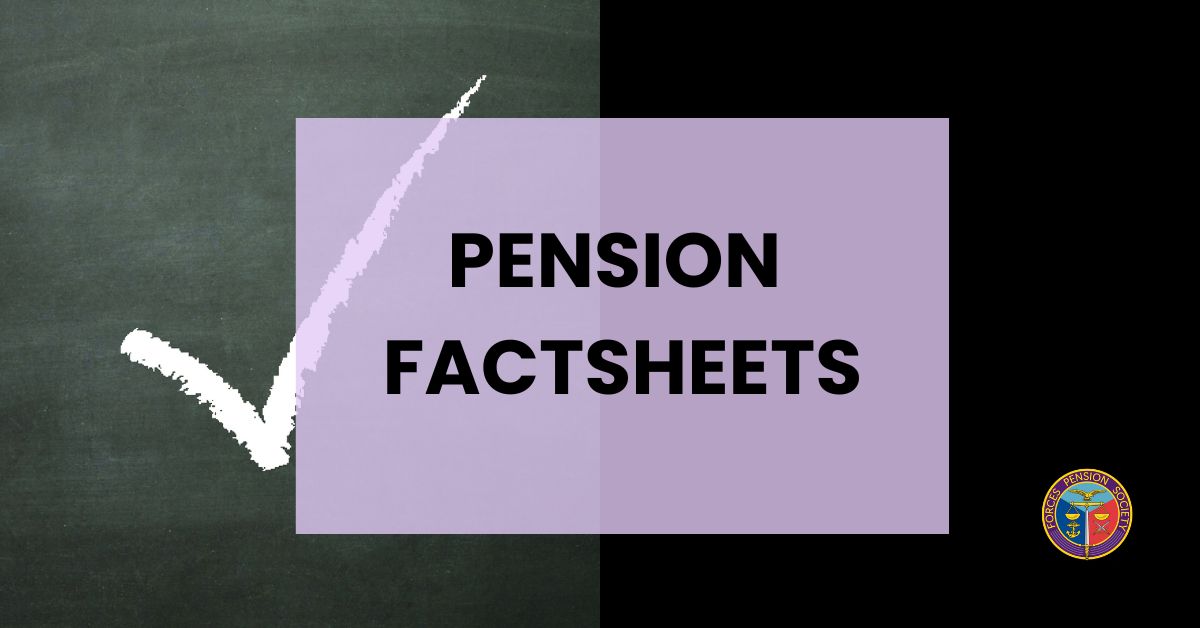
AFPS 75 can be particularly confusing, especially for those with pre-1978 service so, in this article, we provide a few pointers on widows’ benefits* from that scheme.
Before embarking on the details, it is important to emphasise that the scheme rules that apply are those in force at the time of the Service person’s discharge from the Armed Forces. New schemes and subsequent improvements are not applied retrospectively. So, if the Service person was a member of AFPS 75 any dependants’ benefits will be assessed under the AFPS 75 rules as they applied at the time of the member’s discharge.
AFPS 05, AFPS 15 and RFPS, being modern schemes, do not require partners to be married in order to qualify for survivors’ pensions – they could be married, in a civil partnership or ‘eligible partners’. If the couple are not married, Veterans UK will have to assess whether they are ‘eligible partners’ by checking that the couple are both single, that they cohabit and that they are financially dependent or interdependent. AFPS 75 normally requires couples to be married or in a civil partnership if they are to qualify for benefits. We say ‘normally’ as there are exceptions where the member’s death is due to service and the condition which caused the death had its origins before the introduction of the Armed Forces Compensation Scheme on 6 April 2005.
If only this marriage/civil partnership requirement was the only wrinkle you need to be aware of – but it isn’t.
If the member is in receipt of their pension at the time of their death, and there is an AFPS 75 widow’s entitlement, it would comprise:
- a Short Term Family Pension (STFP). This means that she would receive the whole of her husband’s entitlement for 91 days (182 days if there are eligible children); then
- a widow’s pension, payable for life, but the rate at which it is paid can vary significantly – this variation will be explained later in the article.
If the member is not in receipt of their pension at the time of their death, there is no STFP entitlement but the preserved pension lump sum (worth 3 times the preserved pension) is payable to the spouse or civil partner, along with any survivor’s pension due.
Many people expect a widow’s pension to be worth 50% of the member’s pension rate but this is not true in every case. Prior to 1 April 1973 widows’ pensions were paid at 1/3 of the member’s rate. From 1 April 73 the widows’ rate increased to ½ of the member’s rate. Those with service prior to 1 April 1973 were offered the opportunity to pay to have their earlier service counted at 50% rate for widow’s benefits but many, being young and single at the time, did not. This means that some widow’s pensions are less than the 50% that they had expected.
Next we need to explain that, being an old fashioned scheme, prior to 6 April 1978, AFPS 75 expected that the couple should be married during the member’s service in the Armed Forces in order for the wife to be entitled to a widow’s pension in the event of her husband’s death – and, that being the case, the widow’s pension would be based on all of the member’s reckonable service.
However, if all of the member’s service was before that date and he married after he left service, there would be no widow’s entitlement. If the member had service after that date, and married after his discharge, his widow’s pension would be based only on his service from 6 April 1978 onwards. This is called the Post Retirement Marriage (PRM) rule and, as it can result in the widow having a very small entitlement, Veterans UK might offer her the opportunity to accept the small pension or accept a one-off taxable lump sum instead. This is called ‘trivial commutation’ and it occurs when the capitalised value of the pension falls below the HMRC figure for trivial commutation (the actual workings depend upon, for example, the widow’s age).
It is never a bad idea to ask for a forecast of spouse benefits – and if you have pre-73 or pre-78 service, or you have remarried, we strongly recommend that you do so as you could avoid this sort of nasty shock. The address to write to is:
Veterans UK
Pensions Division
Mail Point 480
Kentigern House
65 Brown Street
Glasgow G2 8EX
You will need to provide your Service number, your National Insurance Number and the date of your marriage.
You may also find this Ministry of Defence booklet useful
- * ‘Widows’ benefits is the terminology used under AFPS75 scheme rules and pre-dates any terminology under new scheme rules AFPS05 and AFPS15
Image: Shutterstock




